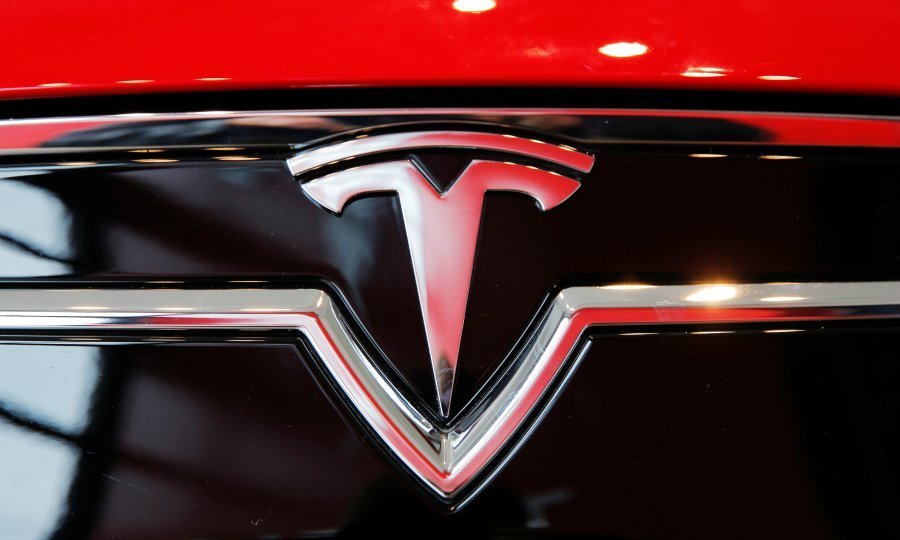Electric vehicle manufacturer Tesla is gearing up to deliver cars to the fleets of Israeli businesses in the third quarter of 2021. Sources in Israel's vehicle importing industry say that Israeli leasing companies have received thousands of enquiries and potential orders, mainly from tech companies, which want to be supplied with Tesla cars on operational leasing terms, among other things because of tax benefits and reduced operation costs. However, to date Tesla Israel has turned down orders from leasing companies and large fleets and no mentioned any estimated supply dates.
But a source close to the matter has told "Globes" that Tesla is preparing an online support network for institutional customers. The network is currently in its beta stage and in the future will be integrated into the company's main website in Israel. It remains unclear whether Tesla will offer its electric vehicles in Israel directly to companies, as happens in the US through its Tesla Fleets division, or whether it will work in Israel through the operational leasing companies, or both.
Either model will include in the package comprehensive use of Tesla's Supercharger chain of recharging stations currently being set up around Israel. Charging points will also be available, managed by Tesla, in the homes of customers and in the company car parks of fleets.
This week 1,503 Tesla electric vehicles reached Israeli directly from the factory in China. As far as is known, all the cars will be delivered to individual customers, except for a very few ordered by leasing companies. The next consignment, which will come from the US, has been brought forward and is due in Israel in June, and some of these cars may be supplied for company fleets.
Tesla said in response, "The company has no plans to offer services to leasing companies at this stage."
Imports of Tesla cars are likely to be boosted next year if Israel and China manage to sign the Free Trade Agreement (FTA), the details of which are close to completion. This would make Chinese imported cars exempt from having to pay the current 7% customs duties.

